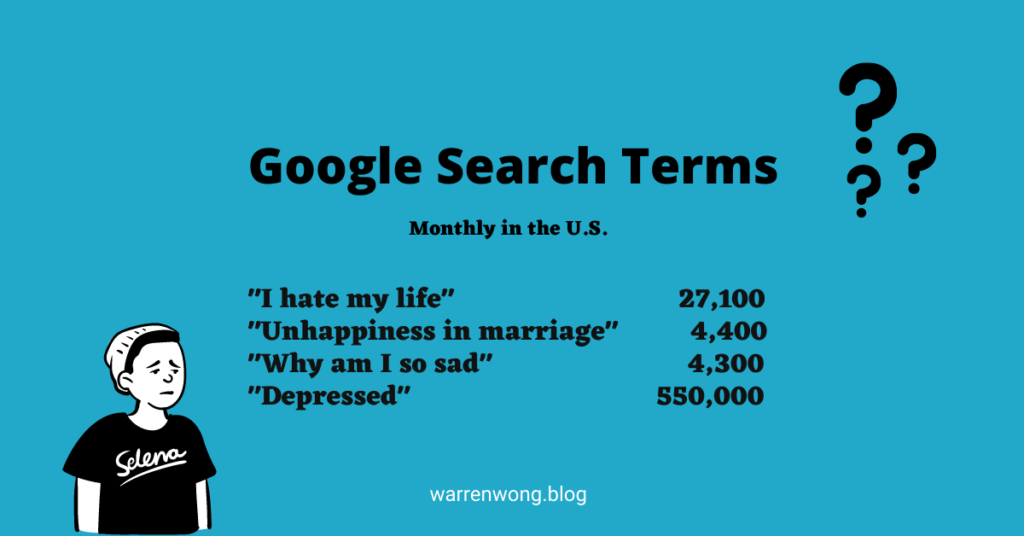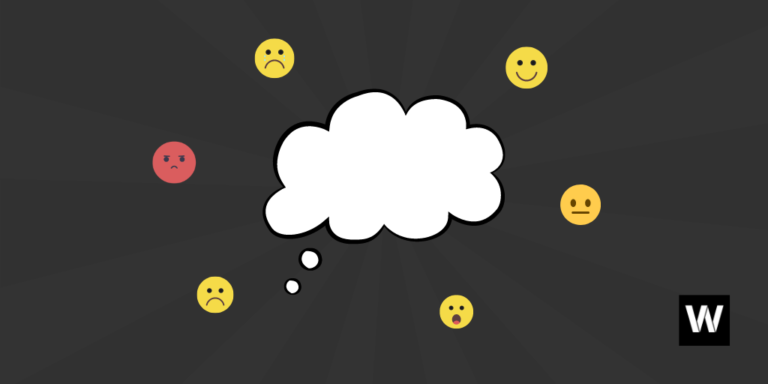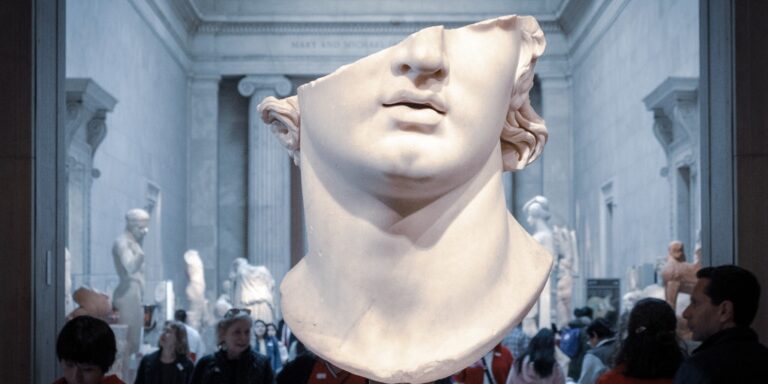Hedonic Treadmill Theory: Why Am I So Unhappy
By Warren Wong
Are rich people happier than poor people? The hedonic treadmill theory says no.
The theory further assumes that even at the extremes, a person who discovers a cure for cancer or becomes a grieving widow, alters our state of happiness for only a short while, and then resets to an emotional baseline.
When I first looked into the Hedonic Treadmill theory I was shocked, but deep down I knew it to be true.
Remember your first time traveling abroad, your first beer, or first kiss? Did you feel the exact same emotions after the second, third, tenth time?

What is the Hedonic Treadmill Theory?
The Hedonic Treadmill theory assumes that our level of happiness remains relatively the same, despite our circumstances.
It argues that our baseline of happiness or hedonic set point stays largely the same. Our positive or negative life events are only short term, and we quickly return to our baseline level of happiness.
It’s like getting a new car, or new toy that you’ve been wanting forever. More often than not, after a few weeks of playing with the new toy, the joy you felt on the first day quickly disappears and you’re back to being and feeling like your old self.
That is the hedonic treadmill at work.
Why Am I so Unhappy?
In the midst of the technological revolution and the 21st century you would think we would be happy.
We have the world at our fingertips, robots that perform surgery, and drugs that cure most known diseases.
Yet, it doesn’t feel like I’m anymore happier knowing that.

What this means for you and I
So where does that leave us? Understanding the Hedonic Treadmill will lead us to answering the question of, why am I so unhappy?
Assuming that the Hedonic Treadmill theory is true, it means we can do one of 2 things:
- Continue to chase more levels of happiness
- Be content with who you are, what you have
And maybe a third, and that’s somewhere in between.
True happiness is fleeting. It fades with time, as does sadness. So although we can continually chase more highs of happiness (drugs, sex, alcohol, fame, fortune) we can never be truly satisfied.
And on the polar opposite emotions from loss, heartbreak, failure are also temporary. They are fleeting and they will subside.
This concept is incredibly complex, yet simple.
So let’s flip the script. Rather than asking why am I so unhappy. We should be asking what already makes me happy.
Practicing gratitude and finding contentment in life is not a solution to all of your life’s woes, but it’s a start to appreciating what we do have, whether that’s good or bad.





